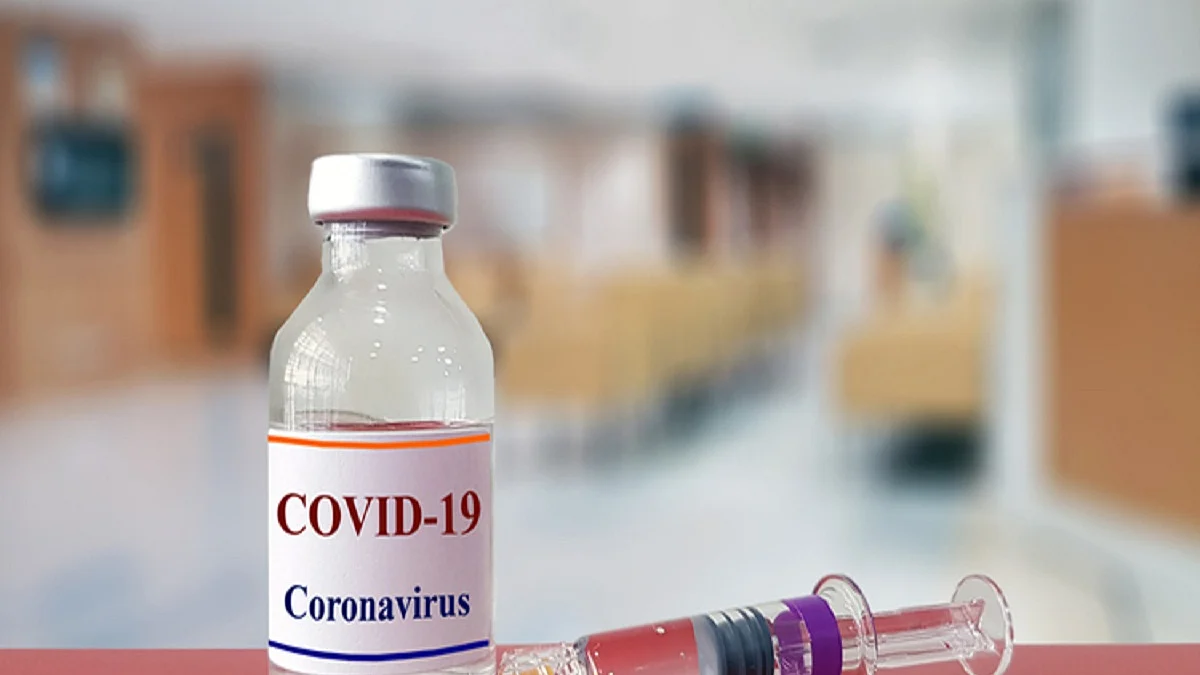COVID-19: Russia planning to launch vaccine for public use by mid August
Russia is planning to register its vaccine for COVID-19 by August 10-12, according to a report in Bloomberg

Russia is planning to register its vaccine for COVID-19 by August 10-12, according to a report in Bloomberg. Thus it will become the first country in the world to approve a COVID-19 vaccine fro public use.
Developed by Moscow’s Gamaleya Research Institute of Epidemiology and Microbiology, vaccine was likely to be approved for public use “within three to seven days of registration by regulators”, said the report.
Earlier this month, this vaccine was reported to have successfully completed human trials. Actually, in the second week of July, this candidate vaccine had only completed phase-I human trials. Its phase-II trials began on July 13, according to a report in TASS news agency at that time.
Genereally, a vaccine is not approved for public use till it completes three phases of human trials, each of which, in normal circumstances, can run for several months.
However, It appears that Russia was planning to finish phase-II trials early, and approve the vaccine for use, without phase-III trials.
According to the Bloomberg report, Gamaleya vaccine was likely to get “conditional registration” in August, meaning it would be approved for use, even as phase-III trials are being carried out. The production of the vaccine was expected to begin in September, the report said. Till the clinical trials are completed, the vaccine is likely to be administered only to health professionals, it said.
The Phase-I trials assess the safety of the vaccine in human beings. It usually is carried out on small number of people, in the range of a few dozen, and runs from a few weeks to a few months. In phase-II, the vaccine’s ability to trigger immune response against the disease is assessed. In this phase, the vaccine is tested on a few hundred volunteers.
The third phase is usually conducted on several thousand volunteers. One group of volunteers are injected with the vaccine while another group is given a dummy vaccine. The volunteers go about their normal lives, and are assessed a few weeks later to see whether the group that had been injected with the vaccine had shown any particular resistance to the infection. This phase can take several months.
Several scientists and health experts warn against releasing a vaccine in haste, insisting that all safety and efficacy tests must be carried out before it is approved for use.
Follow us on: Facebook, Twitter, Google News, Instagram
Join our official telegram channel (@nationalherald) and stay updated with the latest headlines